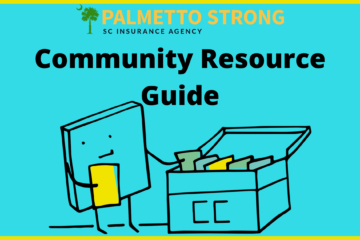It may come as a surprise to many people, but one of the most frequent questions I am asked is “Can a person really take a policy out on me without my knowledge?” The short answer to this question is yes. But, it is not as easy as people would think.

A beneficiary is the person, or entity, who receives a certain amount of money when someone passes away. This is usually a close family member or a trusted friend. However, this is not the only option. Life insurance companies require a lot of information in order to apply for a policy. If you have legal access to this information and the money to cover the premiums, then it is a fairly simple process. At least, until it’s time to submit the claim.
There are 3 important things you need to do before you can receive any life insurance money. First, you need a copy of the insurance policy. This, along with legal identification, proves to the company that you are indeed the beneficiary. Next, you will need a copy of the death certificate. If you have a copy of the policy stating that you are the beneficiary, you have a right to request the death certificate in the state of South Carolina. This is why the first step is so important. Finally, you will need to submit a claim to the insurance company. From there, it’s up to them to review the claim and issue the policy funds.
Many people don’t care how many policies and beneficiaries they have out there, as long as they are not the one responsible for paying the premiums. Major companies are also known to take out life insurance policies on their most successful employees or business partners. There are others, however, who see this as a violation. They believe that the beneficiary should be someone, or something, that was very important to the person who died. If you feel this way, then you need to have an important conversation with those who are closest to you. Discuss security measures to protect your assets and information. Of course, this will only protect your loved ones from fraud. It, generally, doesn’t stop an ex wife or former partner from being the beneficiary on policy. The unfortunate truth is there will always be someone ready to profit from another person’s loss.


